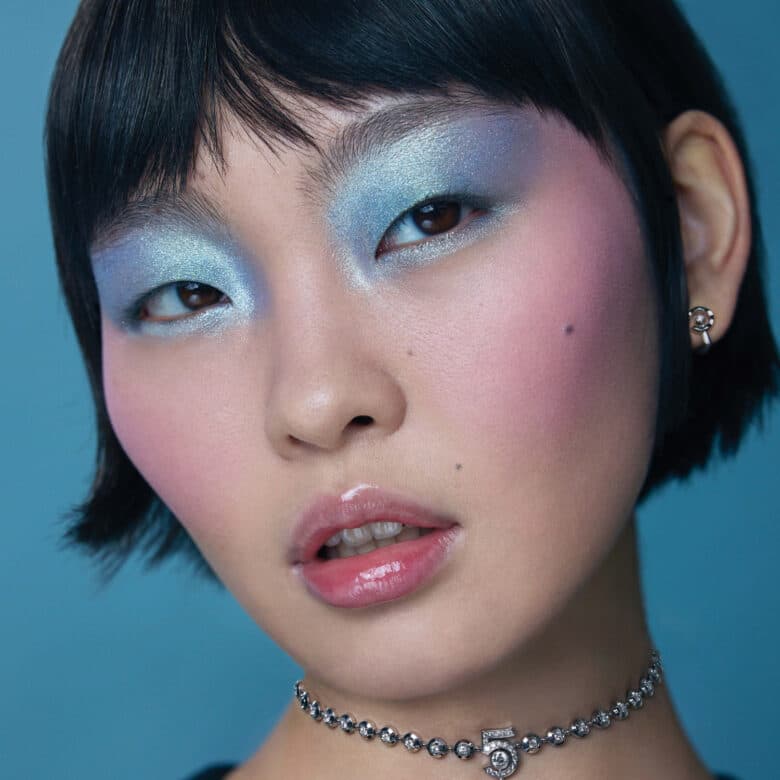Blondey McCoy on using art for recovery and working with Damien Hirst
Why did you want to create a book spotlighting mental health?
The show (Us and Chem.) was, to me, a means of recovery from overdosing on and consequently quitting prescription drugs. I had a much needed epiphany that creativity serves you more therapeutically than anything a doctor may willingly prescribe with next to no questions asked. I did the show to help myself, but a year on after receiving response after response from young people suffering from similar issues, I feel even more strongly about the casual dishing out of medication and feel a duty to share any experience of it. I am sure that people knowing they’re not alone in their mental state is step one to addressing that, whereas signing up for a drug dependency should be a last resort. Hence the book.
Do you think there’s enough conversation around mental health and young men, specifically?
No I don’t, but I do notice that having a conversation is one thing and having a clue is another. In the shallow worlds I frequent, bipolar seems to get put in the same bracket as vegetarianism: it’s a fetishised buzzword that almost feels like it’s being suggested to people who worry they lack quirk. As is the case with most things: the ones that don’t shut their faces about it are the ones that haven’t a clue. So the world needs educating yes, but respectfully and from the right place.

Social media has been blamed for corroding the mental health of young people, as someone with a large social media presence, would you agree and do you feel the pressure to share your life?
I do agree and this is something I talk to young people about a lot. People only marginally younger than myself can NOT remember growing up in a world without access to the latest statistics of who the coolest kid in school is. As a result they’re forced to be thick skinned sycophants, it’s a tragic situation for the most part. I am selfishly grateful for my own circumstance, in a time where the walls of worlds that have always been very elitist are being broken down, I enjoy inviting skateboarders to my art shows, and fashion workers to watch my skateboarding videos… and I have social media to thank for that to some degree.
My thoughts are that it’s not going anywhere, so there ought be talks in schools like sexual education, God knows it’s probably more important to young people than that now. Just to hammer home the point that popularity rarely equates to quality or happiness and that social media can be used as a tool and portfolio or just socially but never a gauge of self worth. I’m only human and I get affected by it too, it’s only after a lot I don’t care about having big success and a lot I do being met with almost no reception at all do I understand how crucial it is to learn that lesson early, if you’re going to get involved.

What kind of art inspired you growing up, and what are some of your earliest memories of it?
The first sight that made me go wow was my first visit to the old Slam City Skates in Neals Yard, I was probably about 11 years old. They had a two walls in the corner adorned with skateboards, every surface was covered in American and English stickers and the entire ceiling was scribbled on… that was a sensory overload and from that day on I was quite infatuated by untrained, non approval seeking skateboard artists. That’s when life became interesting for me, and it’s probably why all the art I made after I stopped crayoning my toys was subconsciously meant for clothing and stickers and why Thames (my brand) exists.
Your collaboration with Damien Hirst is also in the book, what did you learn from working with him?
The most valuable lesson of all: what success should mean to an artist. I’ve never seen someone so excited by their own work as Damien Hirst. If you don’t believe in your own work how can you expect anyone else to? Even Bacon liked Hirst you know.

The book is also a study in self reflection, what did you learn about yourself while making the work?
I learned the difference between feeling utterly compelled to work and just fancying it. Nothing I have done has meant as much to me as seeing this show come to life, and the memory of my friends that I forgot I had filling those mirrors on opening night was a very special moment that cannot happen everyday. It’s a vague answer but I learn more about myself everyday I stay sober.
How do you plan to continue this conversation around mental health?
Well I’m sure I can spread more good than evil on the old instagram, and as for the real world I want to go to schools and talk to young people. The need for that conversation isn’t going anywhere in a hurry… for the moment this book acts as my advice to anybody that could do with it. I want to continue endorsing sobriety and I want to teach young people how to start loving themselves for who they are so they can push on with finding some joy in life.
Blondey McCoy ‘Us and Chem.’ is published 1 October by HENI Publishing. Follow Blondey on Instagram here and HENI on Instagram here.i











